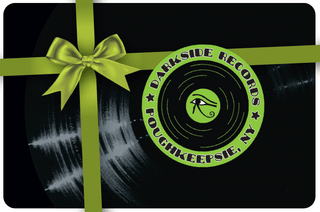Anette Maiburg- Mendelssohn: Transcriptions arr. by Andreas N. Tarkmann

After it's Baroque heyday, the oboe did not have an easy time of it in the 19th century. The Romantic period favoured the warmer, fuller sound of the clarinet, and the former star among the wind instruments was rarely featured in solo works. Reason enough to remedy this situation, thought the famous master arranger Andreas N. Tarkmann and set to work. It was no coincidence that he chose Felix Mendelssohn Bartholdy, whom he considers to be the consummate composer of the early Romantic period. From seven selected 'Songs without Words' - typically Romantic short piano preciosi - Tarkmann creates a fascinatingly dense suite for oboe and string orchestra. A much larger work inspired him to create a homage to Mozart and his concerto for flute, harp and chamber orchestra. Tarkmann takes up this instrumentation and gives Mendelssohn's concerto, originally scored for violin, piano and chamber orchestra, a completely new tonal guise.
After it's Baroque heyday, the oboe did not have an easy time of it in the 19th century. The Romantic period favoured the warmer, fuller sound of the clarinet, and the former star among the wind instruments was rarely featured in solo works. Reason enough to remedy this situation, thought the famous master arranger Andreas N. Tarkmann and set to work. It was no coincidence that he chose Felix Mendelssohn Bartholdy, whom he considers to be the consummate composer of the early Romantic period. From seven selected 'Songs without Words' - typically Romantic short piano preciosi - Tarkmann creates a fascinatingly dense suite for oboe and string orchestra. A much larger work inspired him to create a homage to Mozart and his concerto for flute, harp and chamber orchestra. Tarkmann takes up this instrumentation and gives Mendelssohn's concerto, originally scored for violin, piano and chamber orchestra, a completely new tonal guise.




